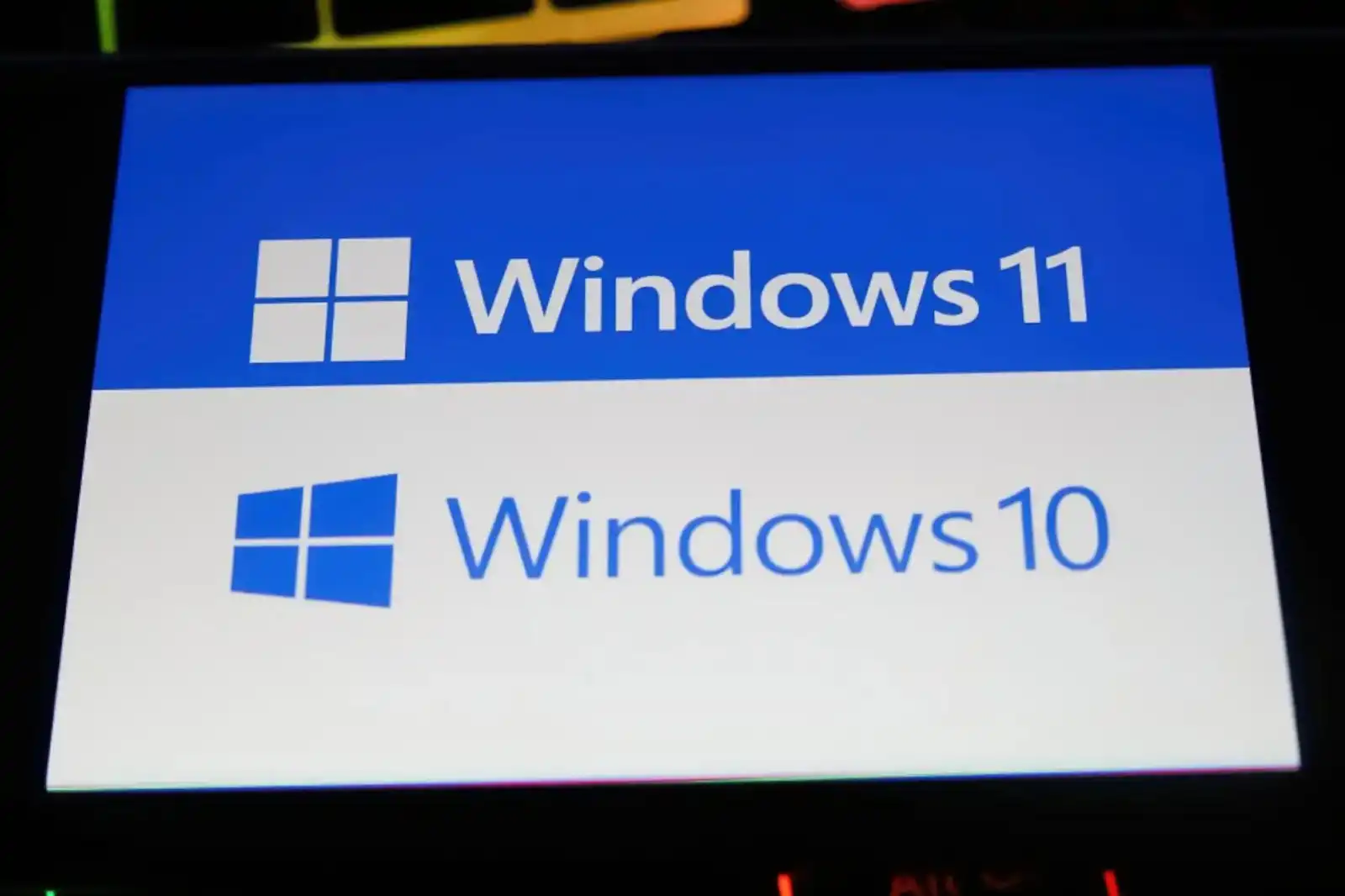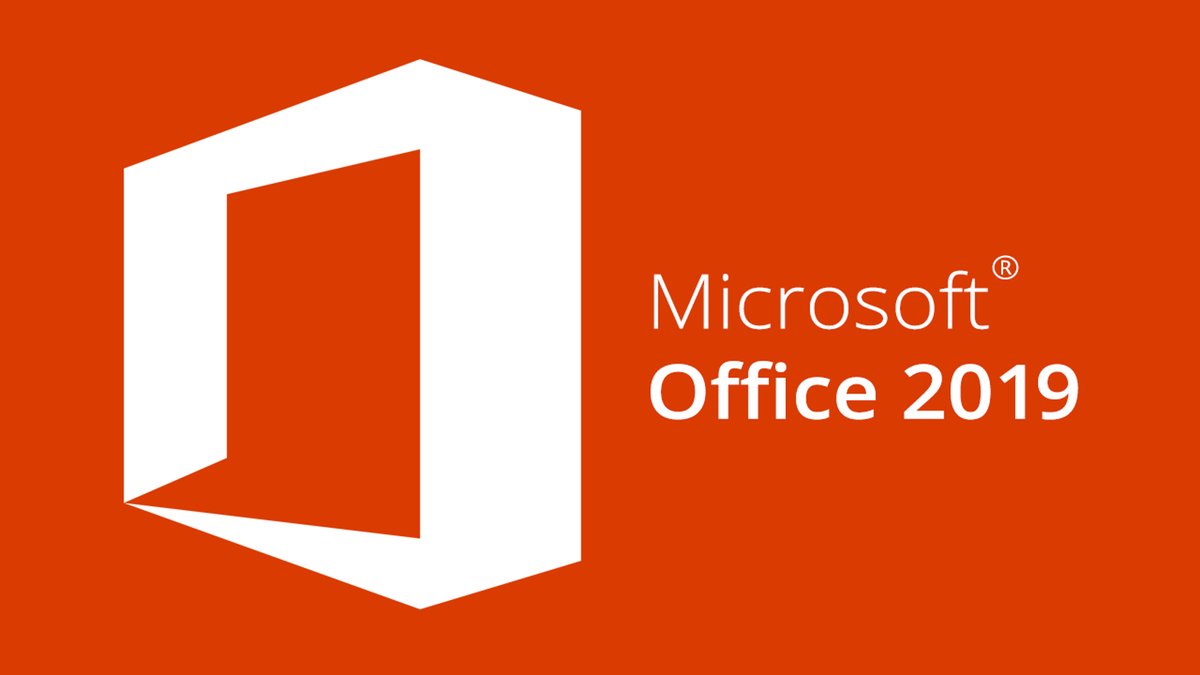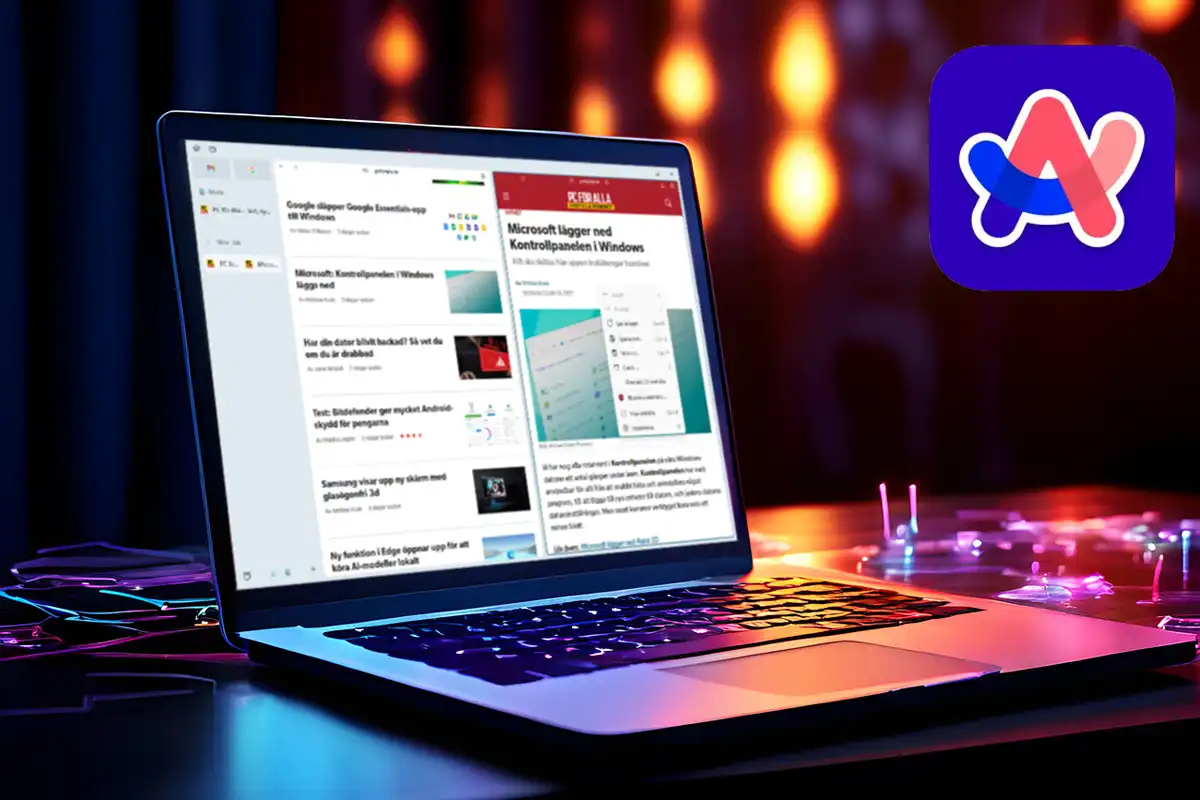
A virtual machine (VM) is an operating system emulated within another operating system, like running Windows on a MacBook or even Windows within Windows. Despite the emulation, legally, a VM is considered a complete computer. This means you need a valid Windows license for each VM instance running Windows. This requirement applies to all versions, including Windows 7, 8, 8.1, 10, and 11. If you don’t have old, unused license keys, you’ll need to purchase new ones.
When it comes to commercial software on VMs, the licensing rules are similar. Programs with licenses for multiple installations can be used on VMs. However, if the license is limited to one PC, you will theoretically need a second license for the VM. Some programs may not detect multiple installations, allowing usage without immediate issues, but this can be legally questionable.
Special cases like cloud licenses, such as Adobe Creative Cloud, allow installation on multiple PCs but activation on only two at a time. For instance, to use Photoshop in a VM, deactivate the license on the host PC by logging out through the Help menu, then install and activate it in the VM. To switch back, reverse the process.
For those looking to save on licensing costs, free alternatives to paid software can be more than adequate for occasional VM use. Alternatively, you can use time-limited trial versions of paid software.




